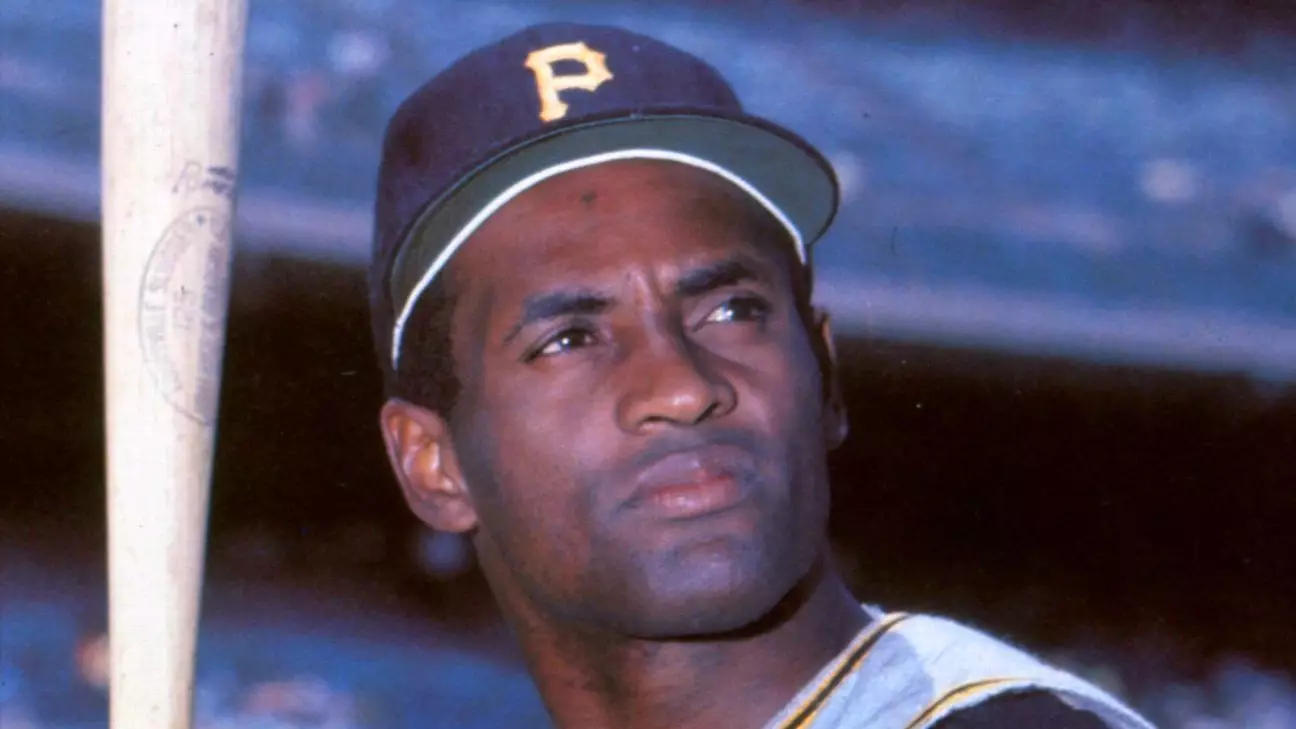In recent days, the Pittsburgh Pirates have found themselves at the epicenter of a public relations nightmare due to their decision to remove a tribute to the legendary Roberto Clemente from PNC Park’s right-field wall. The sign that honored the Hall of Famer and humanitarian—complete with his name and iconic No. 21—has been replaced by an advertisement for Surfside, a brand of alcoholic beverage. This baffling act has provoked an uproar among the Clemente family, as well as passionate fans who revere his legacy, leaving many to question the franchise’s commitment to honoring its past.
Roberto Clemente is irrefutably one of baseball’s most cherished figures, not merely for his prodigious talent on the field, but for the compassionate spirit with which he lived his life. The abrupt removal of this emblematic sign—part of the wall intentionally built 21 feet high to honor his enduring influence—signals a deeply troubling disconnection between the team and the community that continues to celebrate Clemente long after his untimely passing in 1972.
Family Reactions: A Plea for Respect
Roberto Clemente Jr. has vocally expressed his displeasure over the Pirates’ lack of communication and consultation with the family regarding such a personal and historically significant matter. In a formal statement, he articulated the disappointment felt by himself and his family, noting, “This change was made without any communication or consultation with our family.” His words resonate deeply, highlighting how fundamental respect and collaboration are essential in commemorating icons like his father.
Rather than seeing this as a simple logistical misstep, one must recognize it as indicative of a broader problem—an institutional failure to engage meaningfully with the legacy that defines not just a player, but a community. The overwhelming support from fans amidst this controversy serves as a testament to how Roberto Clemente’s contributions extend well beyond the baseball diamond, evoking a sense of unity and pride that transcends generations.
Historical Significance
Clemente’s trajectory as a player was nothing short of extraordinary. Competing in 15 All-Star Games, winning 12 Gold Gloves, and securing four batting titles, his accolades speak volumes about his prowess as an athlete. Yet, his impact reached beyond mere statistics. Clemente’s tragic passing while delivering aid to earthquake victims in Nicaragua cements his status not only as a Hall of Famer but as an emblem of humanitarianism. It is this complexity of legacy—the intertwining of athletic success and personal virtue—that makes the Pirates’ recent decision so jarring.
The Pirates’ ongoing efforts to honor Clemente through charitable avenues, as noted by their senior vice president of communications, can feel superficial against the backdrop of their disregard for the family in a clear moment of disrespect. Words of tribute must be substantiated by actions that reflect genuine commitment—otherwise, they ring hollow.
The Importance of Collaboration
What the Pirates have visibly achieved in terms of marketing and operational objectives pales in comparison to the monumental oversight they have made in failing to acknowledge the emotional dimensions tied to Clemente’s legacy. The family’s plea comes with an articulated hope for improved engagement, signaling their openness to re-establishing a relationship grounded in respect. This moment could serve as a crucial pivot towards a revived partnership, one that envelops the community and the franchise in its collective memory of a figure who meant so much to so many.
As Clemente Jr. expressed, the legacy of his father should act as a beacon, guiding the team toward more thoughtful actions and community relations. If this incident encourages the organization to seek a genuine dialogue with the Clemente family and their supporters, the outcome could potentially transform this unfortunate event into an opportunity for growth and reconciliation.
In an era where sports teams are increasingly molded by the values and beliefs of their fan bases, it becomes imperative for organizations like the Pirates to recognize and respect their history, lest they alienate the very people who resurrect memories of their beloved icons. A legacy like Roberto Clemente’s deserves more than a fleeting tribute; it demands a continuous and heartfelt reverence.

